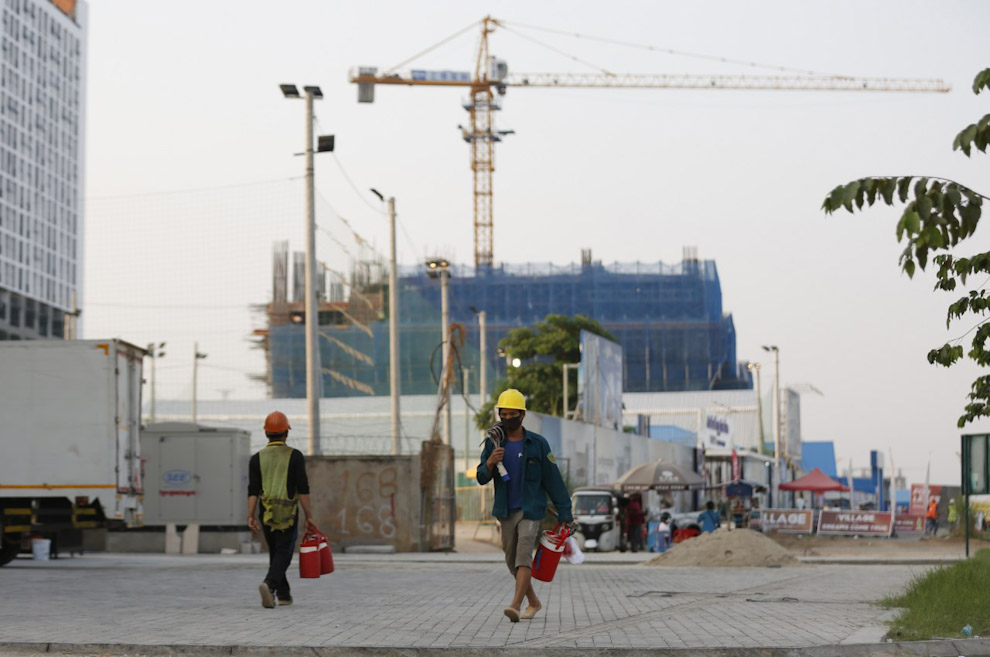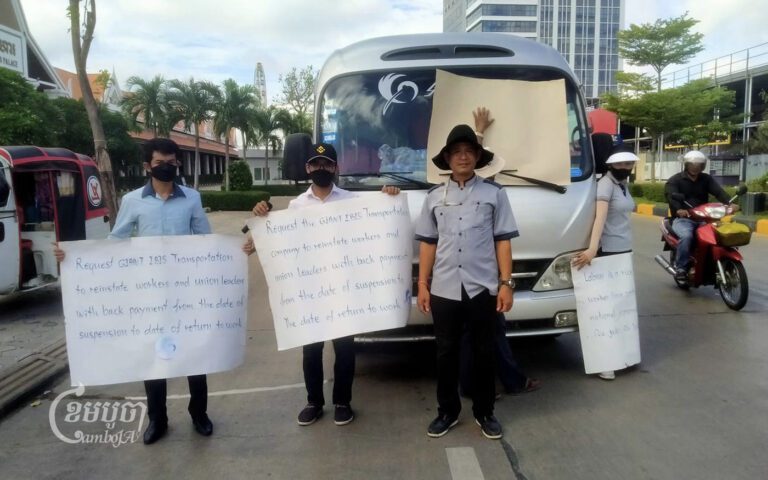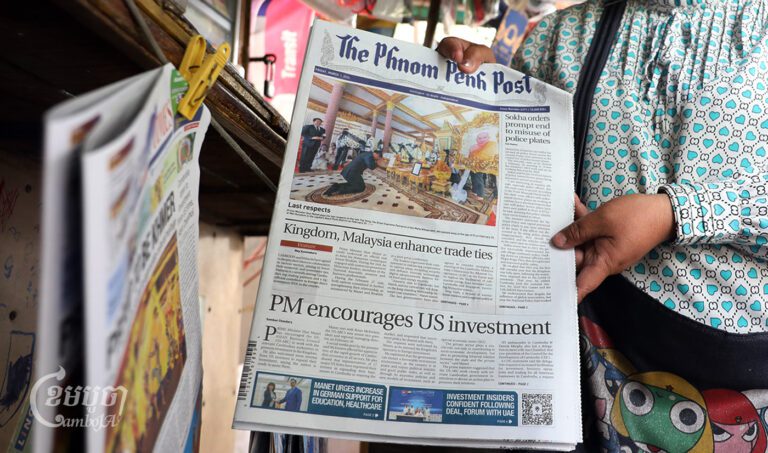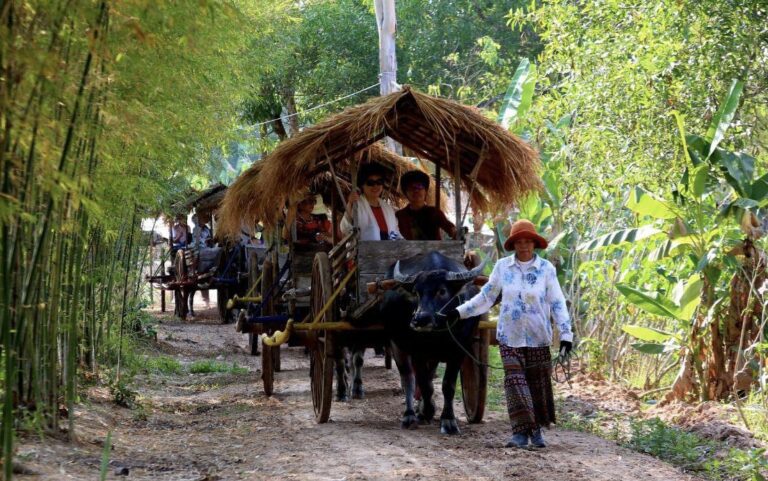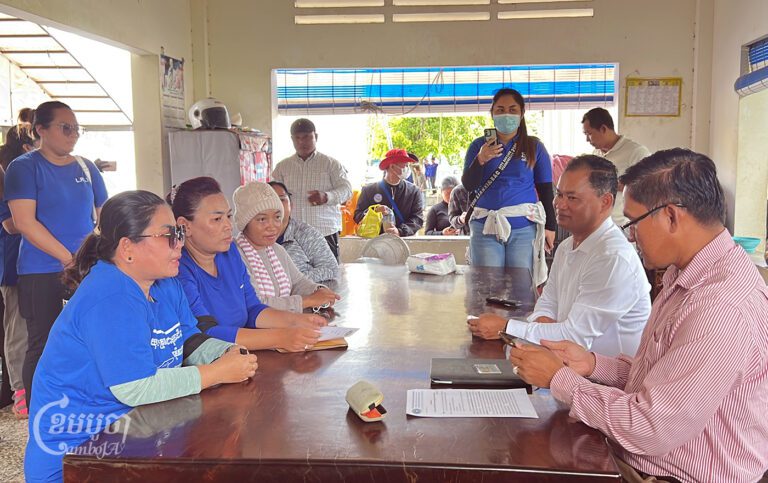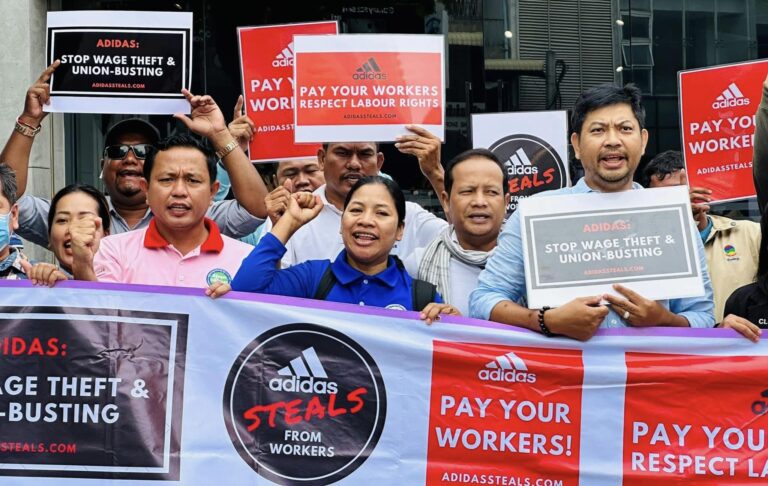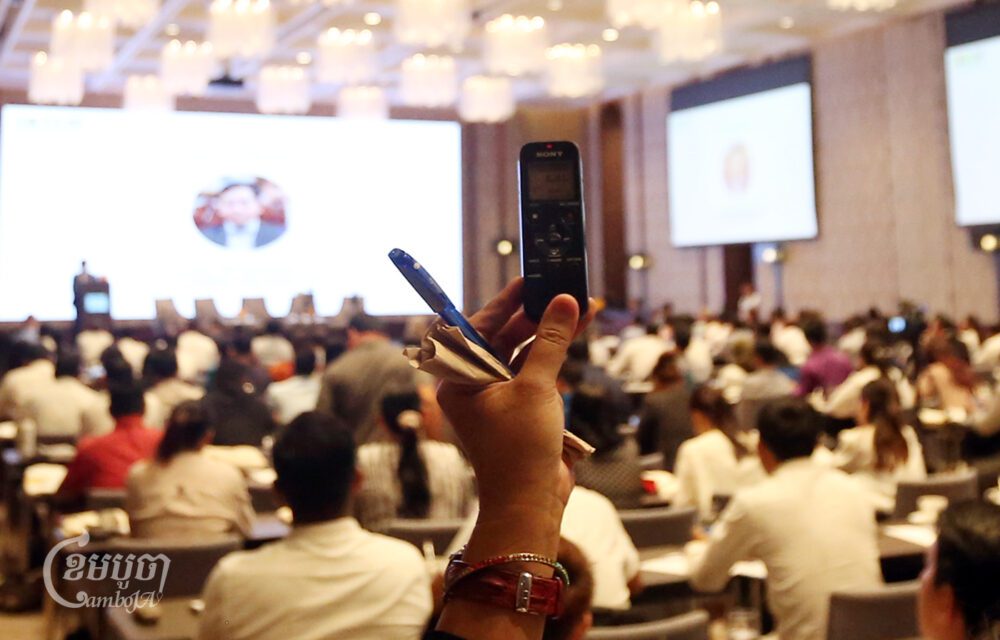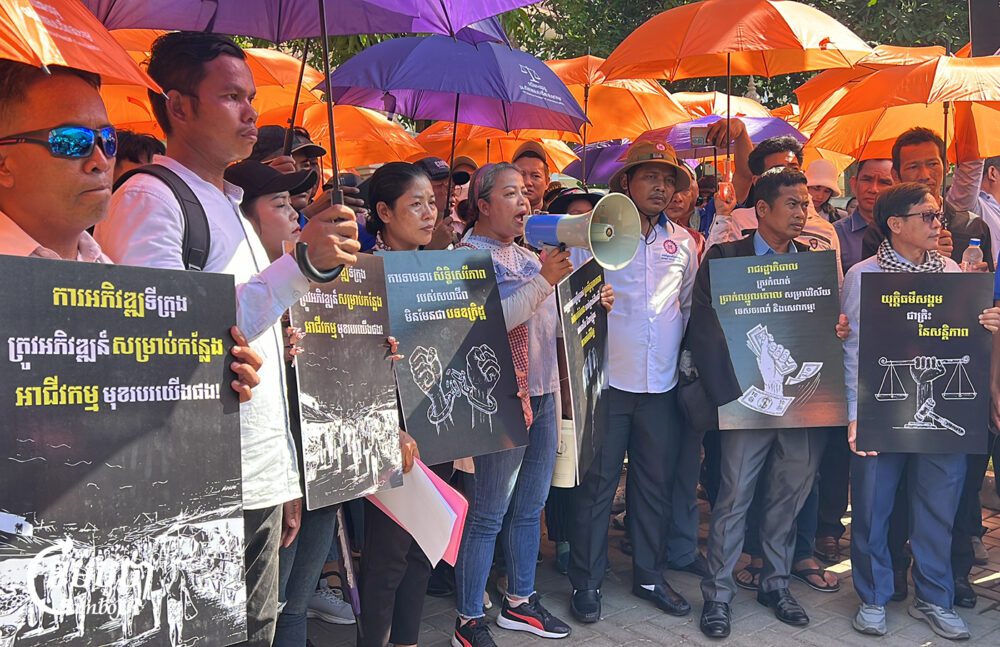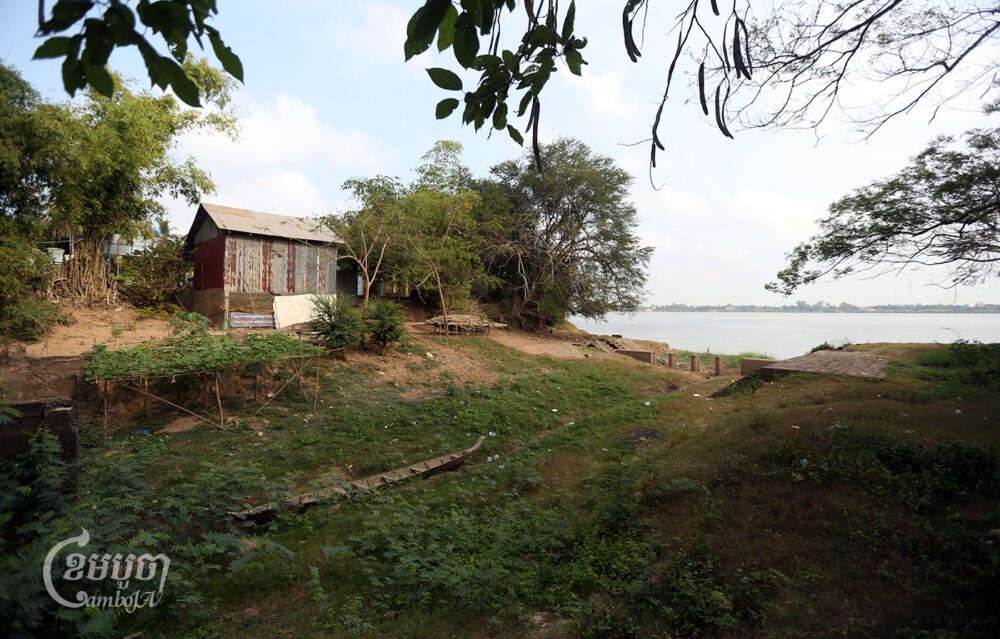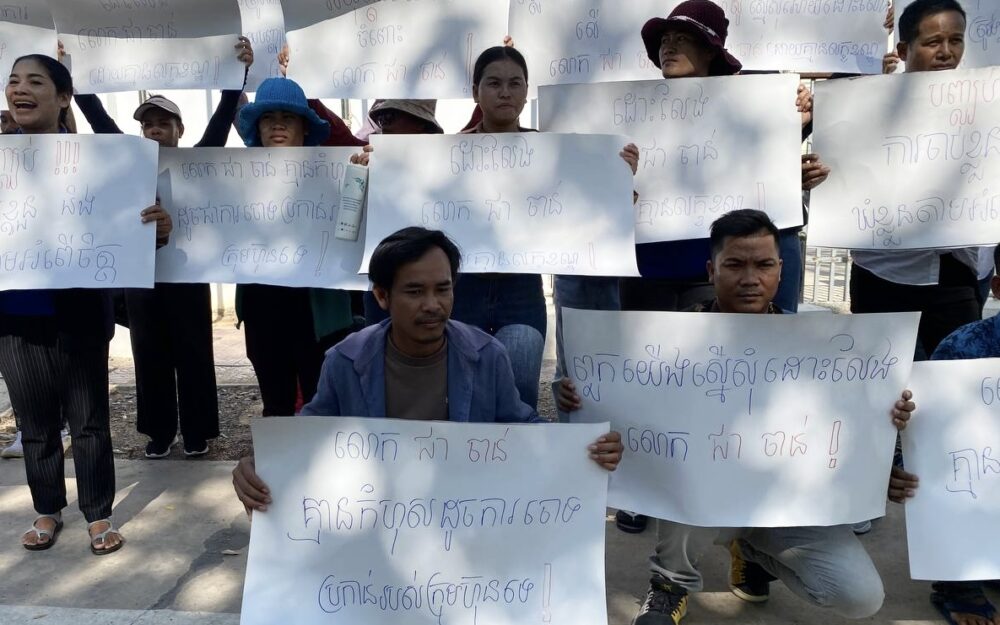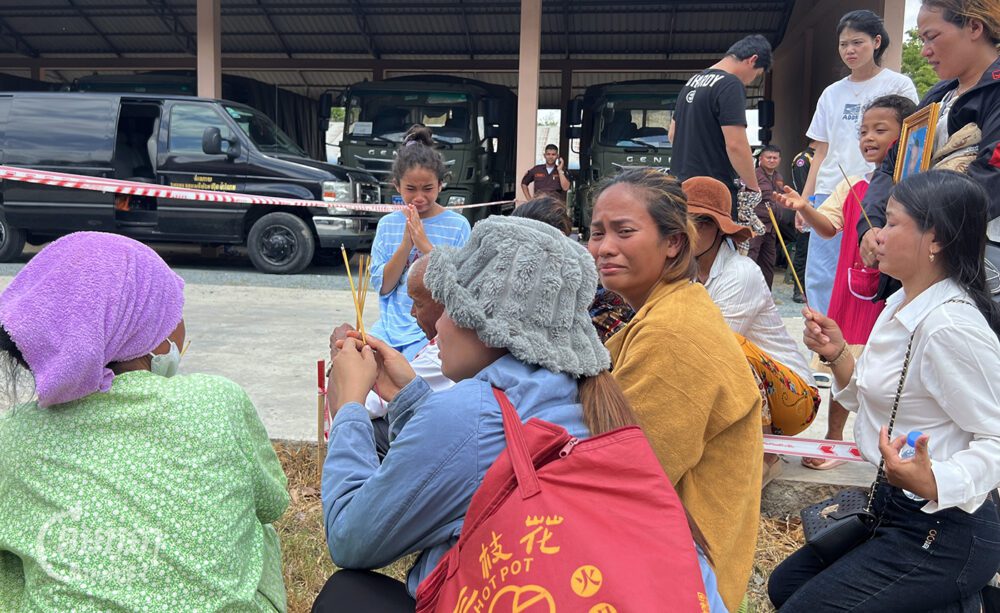When Hay Sopheap finally felt secure in her work at Phnom Penh’s NagaWorld Casino a few years ago and bought a house with her husband, the repayments on the $40,000 mortgage seemed like a steep but manageable expense.
So long as cashed-up Chinese gamblers continued to flock into Cambodia, as they had been in increasing numbers for years, she figured her job at the capital’s only legal casino would be one of the most secure in a shaky labor market.
But Sopheap is now staring down a disaster she could never have imagined when she bought her home. For one, her husband died shortly after they bought it in 2016, leaving her with the burden of paying for the house on her own.
Still, that had not been an issue for years thanks to her steady job.
Now like many of the 8,000 Cambodian employees at NagaWorld, she fears that the casino, which last year reported revenues of about $1.8 billion and profits of $521 million, will cut salaries entirely as Covid-19 fears keep its doors shut.
“I need to pay nearly $500 every month, so if NagaWorld stops paying staff in May, I will meet with a very serious crisis,” said Sopheap, a 32-year-old gaming table supervisor. “I won’t have enough money to pay back the bank.”
Sopheap said she started at NagaWorld Casino in the economically leaner times of 2007 and over the years worked her way to her current well-paid job.
Before Covid-19, she said, she would take home about $800 a month — a hefty amount in a pallid labor market where the largest industry, garment and footwear production, offers a basic monthly salary that only reached $190 this year.
Sopheap estimated “99 percent” of her 8,000 co-workers also used their casino jobs to take out large loans with banks or high-interest microfinance institutions (MFIs) to try to improve their livelihoods but now feared losing everything.
Ou Tepphallin, the president of the Cambodian Food and Service Workers’ Federation, said it is not only Cambodia’s estimated 800,000 garment workers who have been left mired in unpayable debt by coronavirus shutdowns.
She said her union recently carried out a survey that suggested 95 percent of its 80,000 entertainment industry members had large loans for basic purchases like motorbikes, which they used to get to work, that they repaid with their wages.
“They borrowed from $300 to $10,000 each,” Tepphallin said. “Most do not have the ability to pay back banks or microfinance institutions during Covid-19.”
“Moreover, they have been lacking money to even pay for their rental rooms, their water, electricity and, most importantly, they do not even have money to buy food every day,” she added. “There was one karaoke parlor worker who was dismissed from her rental room because she has not had any income for two months.”
The union leader said there were few reports so far of banks or microfinance institutions reclaiming collateral. But many of her members were growing afraid it was only a matter of time before bottom lines started pushing their hands.
“If the banks or microfinance institutions threaten to confiscate their property when they do not have the money to pay, we will advocate for them,” she said, explaining that her union was for now dealing with more immediate problems.
Finding ways for service and entertainment workers such as casino staff and karaoke workers to buy food and pay for housing amid government shut-downs of their work was proving as difficult as figuring out how they would repay loans.
“The government should be providing them some money to pay for their rooms and buy food every day,” Tepphallin said. “They do not have any income now.”
The repayment troubles cross almost every major industry in the country.
Sok Kin, the president of the Building and Wood Workers Trade Union Federation of Cambodia, said that it was hard to find construction workers who did not have at least some debts to banks or microfinance institutions to repay each month.
However, unlike garment industry workers, who have been assured $70 a month if “suspended” from work amid the coronavirus slump, he noted, the estimated 250,000 construction workers in Cambodia were on their own as work dried-up.
Kin said construction workers — most of whom earn their money on a daily basis rather than on a salary — were some of the worst-off now they could not work.
“I think it is about 80 percent of construction workers among all the construction workers who debts to banks or microfinance institutions,” he said. “If construction workers lose their work while the Covid-19 disease is spreading, the government should provide some of these benefits like the garment factory sector too.”
One of those workers is Chea Yong, a 34-year-old at the SB Trust Construction Company in Phnom Penh, who said he had been without work for two months and had to go back to his family home in Kompong Chhnang province to survive.
Yong said he had taken a $1,000 microfinance loan three years ago to pay for his wife’s hospital bills after she fell sick. Now, he said he did not know what to do.
“I need to pay a microfinance debt of between $70 to $75 every month but now this is very difficult as I do not have work, and I cannot find any new work while the Covid-19 disease is spreading, to earn money to pay the debt,” he said.
“I can not find any money to pay. My family is very poor.”
Even among those who decided not to head to Phnom Penh to find work but to instead make livelihoods in their home provinces are now watching the lives they tried to build for themselves with the help of loans come crashing down.
A 28-year-old entrepreneur who gave her name only as Kanha said she and her husband had borrowed $35,000 from a bank two years ago to start a business transporting unmilled rice to Vietnam, where it can be milled and exported.
The small-business woman from Kompong Thom province said she had tried to negotiate with her bank to suspend her payments. Instead, she said, staff just pointed out that if they could not pay the loan, the bank remained in possession of the title to the family land that she and her husband had put down as collateral.
“We wanted the bank to delay our repayments but the bank did not agree,” she said, explaining she paid $300 a month. “We have not been able to transport the unmilled rice for more than two months since the outbreak of Covid-19.”
“If the banks and microfinance agree to suspend our repayments for about three or four months into the future, I think we would be good by that time,” she said.
Cambodian government leaders as well as the National Bank of Cambodia asked for lenders to be understanding of the predicament faced by their customers amid Covid-19 and to work to restructure delinquent loans on a case-by-case basis.
However, a statement released last month from 135 organizations — including unions like the Coalition of Cambodian Apparel Workers Democratic Union and rights groups such as the Cambodian Center for Human Rights — said that these recent appeals from the government have done little for most indebted workers.
“The suffering of millions of Cambodians who are facing economic hardship due to the COVID-19 pandemic is being amplified by the country’s ongoing over-indebtedness crisis, stemming from more than $10 billion in loans from aggressive microfinance institutions,” the joint statement said.
It called for the government instead to “immediately suspend all loan repayments as well as interest accrual on loans for at least three months and return the millions of land titles currently held as collateral by MFIs to their owners.”
“More than two and a half million Cambodians currently hold microloans, with an average loan of more than $3,800 — the largest amount in the world,” the groups wrote, calling the case-by-case restructuring commendable but not enough.
“Cambodia has over 80 MFIs, and a case-by-case process will not work fast enough for the 2.6 million borrowers who need immediate relief.”
“A more systematic approach is urgently needed.”
Yet not everyone is convinced there are issues.
The Association of Banks in Cambodia and the Cambodia Microfinance Association on April 28 issued a statement saying lenders had been cognizant of the hardships faced by many and adopted a “soft-handed” approach. Lenders, after all, had an interest in ensuring borrowers do not default, it noted.
“The Association of Banks in Cambodia and the Cambodia Microfinance Association clarify that banks and microfinance institutions have been operating completely based on the recommendation of the government, the relevant ministries and the advice of the National Bank of Cambodia, who are guardians who guarantee and protect all relevant parties,” the statement said.
With many reporting a complete inability to repay their loans in the short-term, though, increasing rates of defaults and landlessness might be inevitable unless more stringent measures are put in place to protect out-of-work borrowers.
For many workers, it seems only a matter of time before banks start reclaiming the land and homes they took as collateral in order to cover growing losses.
Sopheap, the table supervisor at NagaWorld, said she saw only one solution.
“If Covid-19 is prolonged for three or four months, myself and the others will meet with more and more serious difficulties,” she said. “I ask the government: Please push the banks and microfinance groups to delay and suspend [repayments].”


